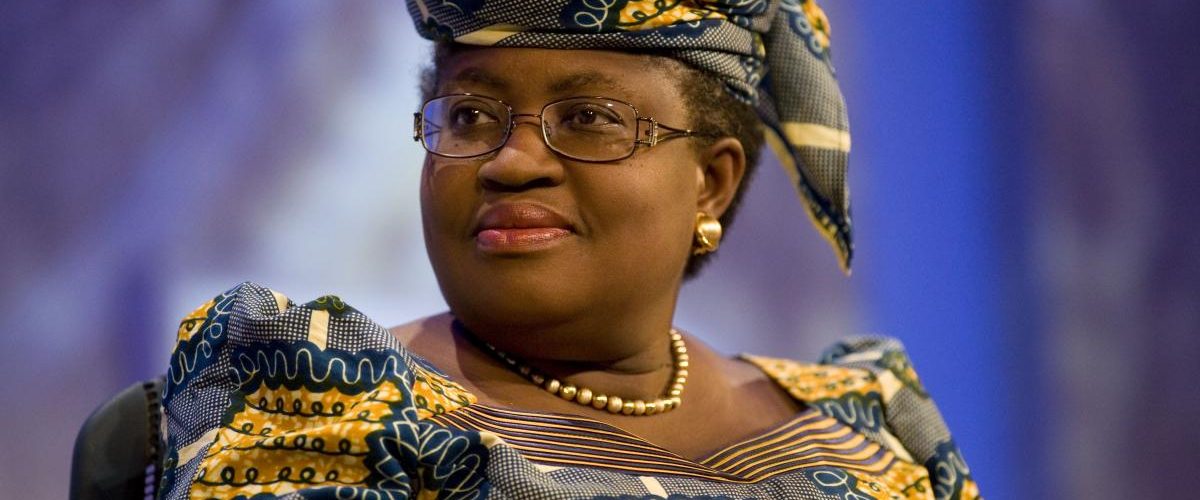Every year, 17 million young Africans enter the labour market. Africa has the youngest population in the world but is the most impoverished continent on the planet. A glance around the African continent will probably reveal a leadership vacuum in almost all its countries, and the gross underdevelopment across the continent is not unconnected to this vacuum. But what will pass under the radar, is how the rest of the world (developed) is benefiting and fueling this dysfunction. It is almost as though the world needs Africa to fail, for it to succeed. Hence, the state of the world’s trade has been skewed to continue to impoverish Africa.
Trade is vital to Africa’s development. There is a mystery that surrounds trade talks, but their outcome affects everyone’s lives. From the small rice trader who crosses a border several times a month to the consumer who buys this imported rice in the market, to someone who works in a sugar refinery: everyone is affected by the rules of trade. Trade is a driver of growth, a way towards sustainable development, and a means to eradicate poverty.
In the 25 years that the World Trade Organisation (WTO) succeeded the General Agreement on Tariffs and Trade, it has been the body saddled with the responsibility of setting the rules of global trade and acting as a mediator during trade disputes amidst its 164 member nations. However, the WTO has failed to work in the interest of developing economically smaller countries. Rather, it has largely benefited its chief architects, i.e., industrialized countries or those in positions of strengths.
Despite huge trade volumes and profits as a result of globalisation, Africa’s share of global trade since 1970 has steadily fallen from 4.4% to 2.7%. A binding supply-side constraint continues to limit Africa’s exports largely to natural resources and primary commodities. Also, unfair trade rules continue to undermine Africa’s foreign-growth in sectors where the continent should be benefitting from comparative advantage.
Traffic escalations and harsh standards for final goods are part of the import barriers adopted by developed economies to limit Africa’s ability to move up the value chain, curtailing Africa’s ability to earn beyond primary production.
Rules continue to shift on the global stage, affecting Africa’s integration into the global economy. A serious indictment on the present WTO system is that it allows developed countries to subsidise agriculture, at the expense of millions of Africa’s poorest farmers. This singular act ensures that world food prices are way below production costs on the African continent. Which ensures that African farmers cannot compete on the global stage. And also, since most of the excess food produced in developed countries ends up in Africa, African farmers cannot sell at a profit, and local industries are forced to close down, even as food security is threatened by these excesses.
Based on the current global trade arrangement, African countries will continue to borrow, because of balance-of-payments deficits. This will continue to drive up inter-generational poverty and migration pressures.
The victory of Ngozi Okonjo-Iweala as the first woman and African to lead the WTO is probably the first major step towards reform the organisation is taking, and a potential win for Africa. Already Okonjo-Iwela told the BBC that she is most concerned for the ordinary African. One of the things she hammered on was how she wanted to figure out how to get women and youth, who are behind growth in Africa to benefit more from world trade. She is also keen to ensure that the continent moves away from exporting raw materials and instead “adds value to the goods or products it produces for the global market.” In her words “for instance, we import 94% of pharmaceuticals on the continent while we can produce these locally in Africa.”
Dr Ngozi Okonjo-Iweala is not in the WTO to serve Africa. But it is expected that she protects the interest of the continent as the WTO starts to reform in an age when its power is waning due to countries’ adoption of bilateral rather than multilateral trade arrangements.
It is expected that her administration will help in the implementation of the African Continental Free Trade Area (AfCFTA) Agreement. The AfCFTA is expected to support large-scale industrialisation across the continent, which will increase and decentralise wealth in the process.
Africa has not benefited from a body that is meant to facilitate global trade. Instead, Africa has had to content itself with crumbs from the table of developed nations. If Africa must break away from its dependency on foreign aid, a level playing ground for trade must be attained. Trade ensures that wealth is distributed in an economy.
With its thriving private sector, Africa can be a mature global player on the trading scene. But first, the WTO must remove every prejudiced barrier and hindrances that prevent Africans from getting to the trade table, not to talk of participating on it.
Dr Ngozi is faced with unprecedented challenges as the new DG of the WTO. The Coronavirus pandemic has upset trade balances across board. Also, the pandemic has shown how vulnerable developing countries, especially their economies, are to trade imbalances. For instance, Sub-Saharan Africa is witnessing its first recession in 25 years. So, the new DG of WTO must ensure that global trade becomes fairer, more equal, and accessible to suit African countries and aid its climb up the trade ladder.
This article conveys the views of the author and not necessarily that of Ominira Initiative.


